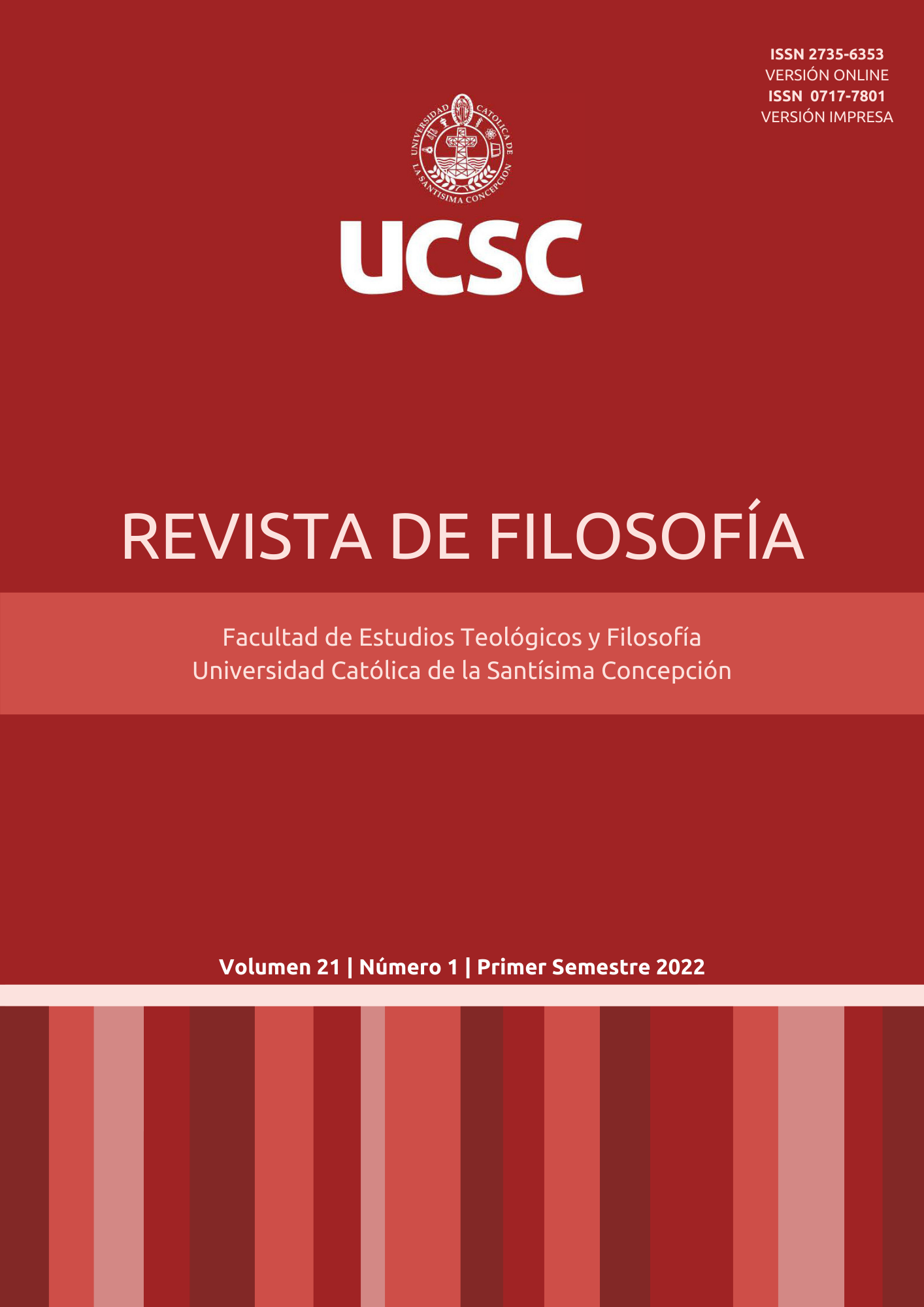La lógica inimputable del misticismo burocrático
Contenido principal del artículo
Resumen
La filosofía ha reflexionado a menudo acerca de la naturaleza de la burocracia, de su lógica y método, de sus consecuencias. En este artículo se quiere presentar cómo la inimputable y, por ello, irrazonable lógica burocrática se fundamenta en una psicopatológica religiosa, “mística”. Para mostrar esta temática nos servimos de lo que han escrito Max Weber en su Economía y sociedad y Hannah Arendt en Los orígenes del totalitarismo, ya que nos parecen los autores que más han comprendido y señalado el fundamento místico-religioso de la lógica burocrática. Por ello, en un primer punto mostraremos en qué consiste según estos autores la lógica del pensamiento burocrático y, en un segundo punto, señalaremos el fundamento patológico-religioso de esta lógica.
Detalles del artículo
Sección

Esta obra está bajo una licencia internacional Creative Commons Atribución-NoComercial 4.0.
La Revista de Filosofía UCSC es de acceso abierto y no cobra por publicar en ella. Además, regula su política de Derechos de Autor y de acceso a sus archivos de acuerdo con la Licencia Pública Attribution-NonCommercial 4.0 International (CC BY-NC 4.0), por tanto, se permite compartir (reproducir y distribuir el material en cualquier medio o formato) y adaptar (modificar, transformar y crear a partir del material) siempre y cuando se de crédito adecuadamente, se incluya la cita con los datos correspondientes. Además, no está permitido utilizar el material con fines lucrativos.
Cómo citar
Referencias
Arendt, H. (1998). Los orígenes del totalitarismo. Lumen.
Arendt, H.(1999). Eichmann en Jerusalén. Un estudio sobre la banalidad del mal. Lumen.
Badiou, A. (1997). Saint Paul. La fondation de l’universalisme. Universitaires de France.
Berger, P. (1999). The desecularization of the Worl: A Global Overview. En The
Desecularization of the World. Resurgent religion and worl politics. Ethics and Public Policy Center.
Bonhoeffer, D. (2001). Resistencia y sumisión. Cartas y apuntes desde el cautiverio. Sígueme.
Duch, L.-Mèlich, J. C. (2005). Escenarios de la corporeidad. Trotta.
Dubois, V. (2020). Sujetos en la Burocracia: Relación Administrativa y Tratamiento de la
Pobreza. Universidad Alberto Hurtado.
Fallada, H. (2009). Pequeño hombre, ¿y ahora qué? Maeva.
Freud, S. (1991). Formulaciones sobre los dos principios del acaecer psíquico. En Obras completas, tomo XII. Amorrortu.
Freud, S. (1992). El porvenir de una ilusión. En Obras completas, tomo XXI. Amorrortu.
Eliot, T. S. (1999). Poesías reunidas. Alianza.
Guardini, R. (1963). El poder. Guadarrama.
Hardt, M., Negri, A. (2000). Empire. Harvard University.
Kafka, F. (1983). Il processo. Einaudi.
Kafka, F. (2003). El Castillo. Losada.
Kant, E. (2004). Filosofía de la historia. Qué es la ilustración. Terramar.
Kelsen (1960). Teoría pura del derecho. Eudeba.
Hegel, F. (1997). Lecciones sobre la filosofía de la historia universal. Alianza.
Le Breton, D. (1994). Lo imaginario del cuerpo en la tecnociencia, Revista Reis, 68, 197-210.
Mises, L. von (2005). Burocracia [Gestión empresarial frente a gestión burocrática]. Unión.
Orwell, G. (2009). 1984. Ediciones Destino S.A.




